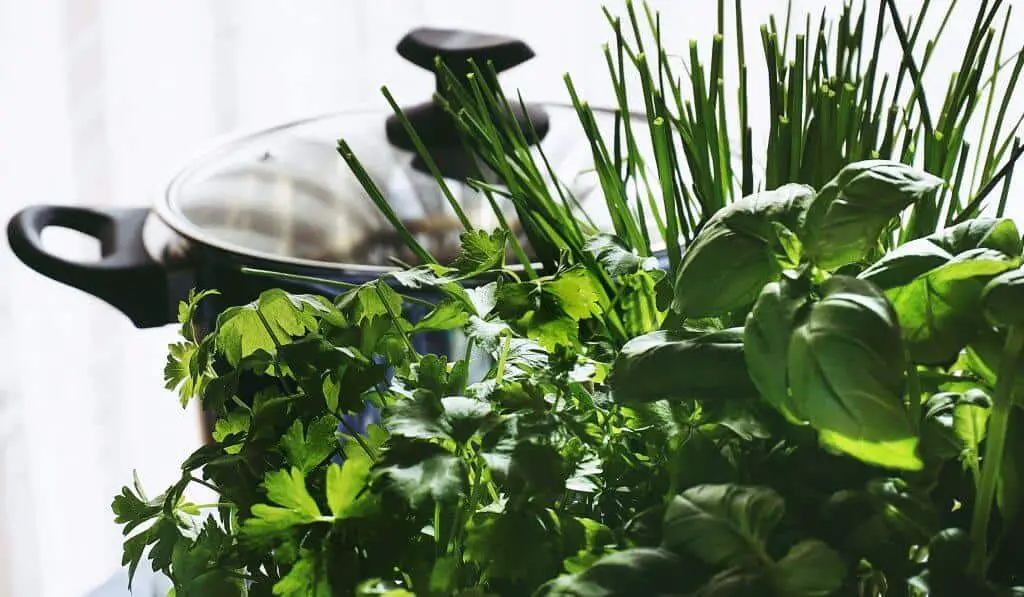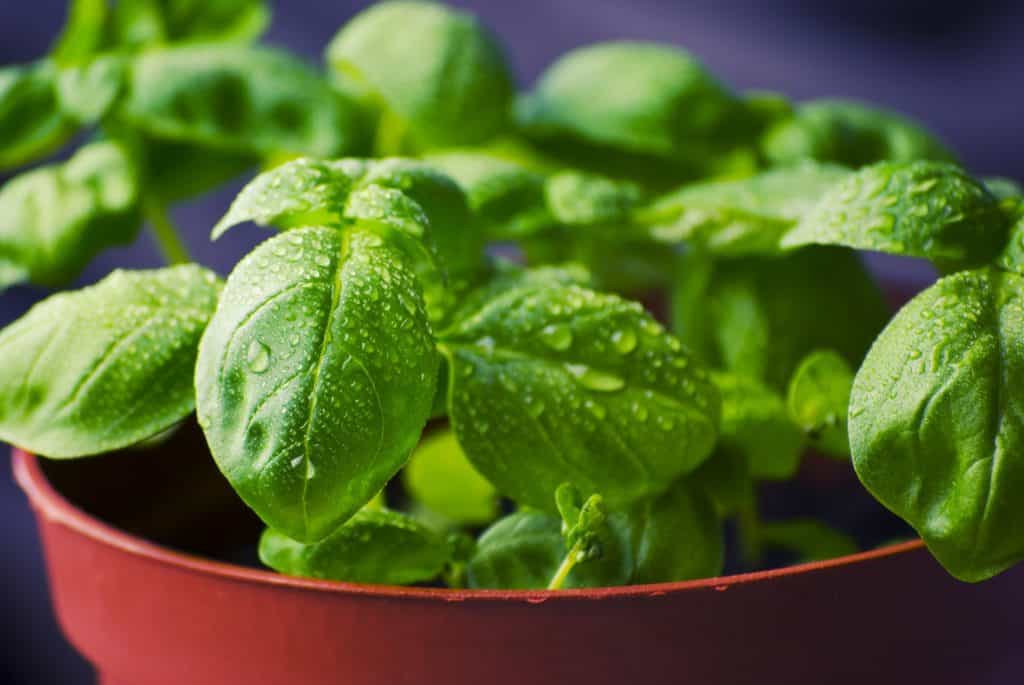Can You Freeze Herbs?

This means that herb preservation methods can be very helpful for people who want to be able to enjoy them all-year-round.
Freezing herbs is one of the most popular herb preservation methods. Primarily, this is because it is both simple and straightforward.
However, freezing is excellent at retaining the herbs’ taste, smell, and nutritional content as well, which is the entire point of herb preservation.
With that said, freezing has some potential complications, which is why studying how to freeze herbs is important for ensuring the right results.
What Are Some Important Things to Keep in Mind When Freezing Herbs?
Here are some pointers on how to freeze herbs:
Proper Preparation
The process for freezing herbs starts with washing the herbs and then patting the herbs to remove excess moisture.
Once frozen, put the herbs in sealed storage containers for an extended useful lifespan.
Label each container with important information such as the name of the herb, the date of storage, and the amount put into storage.
This record-keeping should make it much easier to keep track of things. Something that is particularly important if there are large amounts of herbs being preserved for future use. It is best to use frozen herbs within 1-2 years.
Freeze Herbs As They Are
Freeze hardier herbs while still on the stem. Examples include bay leaves, dill, sage, thyme, and rosemary.
Once frozen, use these herbs by picking as much as needed directly off of the stems.
Related: How to Grow Basil Indoors

Using Water to Freeze Herbs
Tender herbs such as mint, parsley, and cilantro don’t respond well to direct exposure to freezing temperatures. Instead, put these herbs in ice cube trays filled with water to lock them in ice cubes.
Once fully-frozen, move the ice cubes to sealed storage containers for more convenient storage in the long run.
In some cases, people will fill their ice cube trays with boiling water, thus blanching the herbs before freezing them.
This will change the taste of the herbs a little. However, it will also inhibit processes that will weaken the herbs’ taste, smell, and nutritional content.
How to Freeze Herbs in Oil
People who are planning to make either soup or something else that uses an oil can freeze herbs such as basil, oregano, and thyme in oil-filled ice cube trays.
The preparation process is similar but not quite the same as freezing the herbs in water. In short, remove the herbs from the stem, chop them up, mix them with a suitable oil, and then pour the mixture into ice cube trays for setting.
People can use herbs frozen in oil by dropping the ice cubes into whatever they are cooking.
